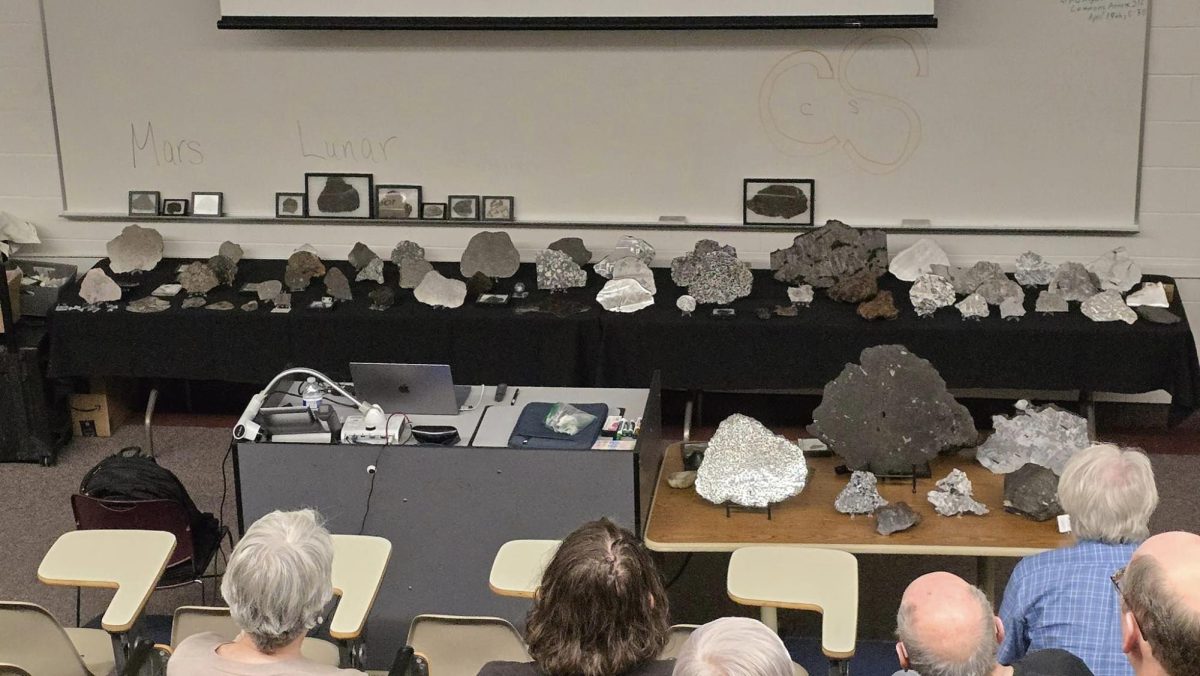The UN’s Climate Panel released a new, extensive report on Friday (Sept. 27), the fifth in a continuing series of climate change documents.
The fifth Assessment Report (AR5), produced by the Intergovernmental Panel of Climate Change (IPCC), is hailed by Matt McGrath — BBC News’ environmental correspondent — as the “most comprehensive statement” on what causes are behind the planet’s rising temperature trend.
It is groundbreaking in its scope, built on the most recent and extensively explored science in the field of global climate change.
According to the document Climate Change 2013: The Physical Science Basis, human activity is the most significant cause of global climate change since the 1950s.
Dramatic, prolonged reduction of activities contributing to greenhouse gas emissions is called for. If current emission levels are not reduced significantly — and soon — the report suggests, current climate conditions worldwide cannot be maintained.
As for global warming, the assessment allows for no doubt that it is a fact of life in this era: the planet’s global climate is changing for the warmer. However, it also identifies a hiatus in the warming process: a gap of 15 years. This is the particular point, the New York Times attests, on which many critics based the crux of earlier arguments denying global warming.
In the grand scheme of things, 15 years is not a significant period, and it is with this in mind that the document discounts the trend as insubstantial and unlikely to continue given current greenhouse gas emissions.
The AR5 explores the lull, explaining that it is likely resultant of an anomalously warm (El Nino) summer prior to the gap, after which it reverted to the prior trend of gradual temperature increase.
The AR5 reports with very high confidence that: “Climate models have improved since the AR4. Models reproduce observed continental-scale surface temperature patterns and trends over many decades.”
While many scientists were convinced of global warming in advance of the AR5, this most recent report differs most significantly from its predecessors in having access to more data, research and technology.
Human activity is cited as the top contributor to the present-day global warming dilemma. Thus the report’s main directive: reduce greenhouse gas emissions on a massive, rapid, global scale.
“Each of the last three decades has been successively warmer at the Earth’s surface than any preceding decade since 1850,” the AR5 reads, adding: “Human influence on the climate system is clear.”
Positive energy uptake into the atmosphere (leading to warming) is most influenced by the emission of CO2, which has been on the rise since approximately 1750.
Besides substantial human contributions to greenhouse gas emissions, human input to the AR5 is also significant. The total worldwide collaboration effort that contributed to the report is astounding: according to the IPCC website, it was written by 209 head authors and 50 editors from 39 countries.
The document encompasses all relevant topics from observations of global temperatures of oceans, surface, atmosphere and cryosphere (ice and snow-covered regions); to biogeochemical cycles; to future warming projections.
“Global warming may seem to be just a climate issue, but the fallout is hardship, poverty and struggle,” chemistry professor Doug Vander Griend observes, emphasizing that — like many environmental concerns — it is also a social justice issue.
“This is brokenness,” Vander Griend writes, “in the systems … that enable and perpetuate injustice.” In this vein, as reported by The Banner, 20 of Calvin’s professors, including Vander Griend, signed a letter to Congress this summer advocating greater action to reduce U.S. emissions.
So far, the United States Environmental Protection Agency has responded to greenhouse gas emissions by collecting emission data, assessing options in cost, benefits and policies and attaining voluntary emission reductions in the private business sector.






